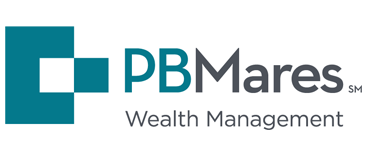Even when the economy isn’t closed due to a pandemic, many employers find meeting their contribution obligations to their employer-sponsored retirement plans a challenge to honor. Today, we are almost certainly in the middle of a COVID-19 induced recession and those contribution obligations have become a millstone around the necks of companies even moderately impacted by the shutdown. Many of the most distressed companies have already been forced to reduce or eliminate contributions to their plans. However, as this crisis continues to drag itself out, many more employers will need to start looking at ways to free up cash and reduce overhead while we wait and hope for revenues to start flowing in again.
If you think you might want to reduce your retirement plan contribution obligations, the place to start is with qualified service providers. Your current plan should have an advisor and third party administrator. These are the people, along with your CPA, with whom you should begin to explore your options. Some of those options may include:
- Reducing or eliminating matching contributions and/or profit-sharing contributions, which could help you reduce plan funding requirements
- Freezing defined benefit (including cash balance) or money purchase plans to limit required contributions
- Reducing any administrative costs associated with your retirement plan you may be paying with company funds, or transferring those costs to the plan’s participants where possible.Any of these provisions could potentially help plan sponsors manage cash flow differently, which may help them meet other business priorities during this difficult economic climate. But remember, changes to contributions in defined contribution and defined benefit plans usually require amendments to your plan. Very likely, you will be required to provide prior notification to employees, who will have a wide variety of reactions you will have to deal with. Some changes can also accelerate vesting provisions which may have an unintended and less than the timely impact on costs.
Not every retirement plan advisor and third-party administrator are created equally. During better economic times when cash flow is easier to come by (probably like the time when you established your retirement plan), busy employers tend to make the most convenient, comfortable, or least expensive decision when choosing a service provider. This means a lot of plans are being served by advisors who don’t truly specialize in taking care of retirement plans and/or third-party administrators for whom out of the box thinking is outside of the scope of services they provide. If you feel that your current service providers aren’t able to provide you with the kind of consultative and creative problem solving you need right now, let us know. We can review your options with you and maybe help you find some much-needed breathing room for your business.
Questions? Contact Kurt Johnson today.
About the Author:





